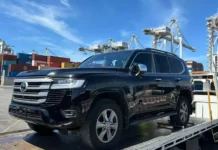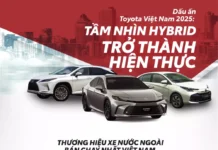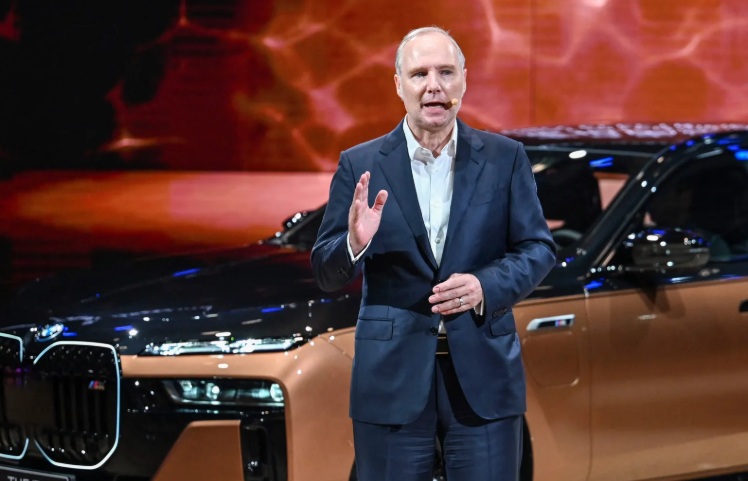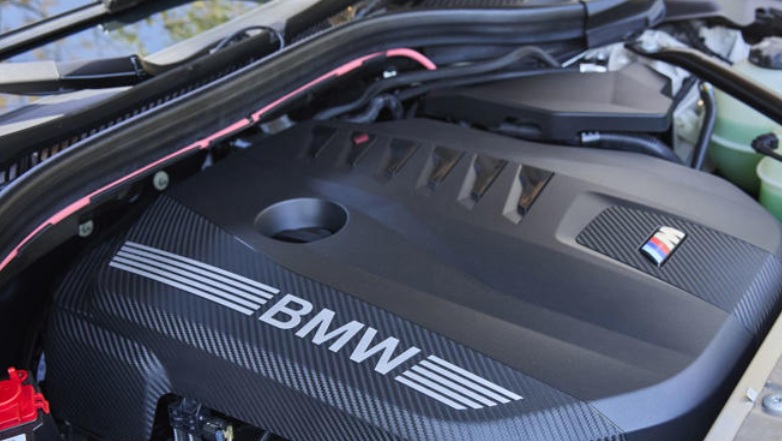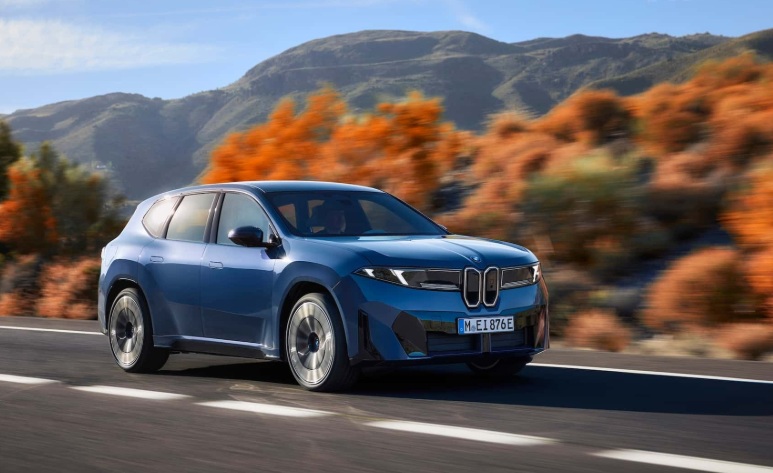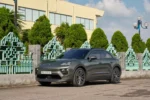At the recent Munich Auto Show, BMW’s CEO made a statement that grabbed attention.
The leader of BMW declared, “Internal combustion engines will never disappear. Never!”. This statement immediately sparked debate amidst the automotive industry’s rapid shift toward electrification.
However, the remark was later clarified to avoid misunderstanding. In reality, Mr. Goller’s comment was directed at developing markets, where charging infrastructure and electric vehicle (EV) support policies remain limited. In these regions, internal combustion engines will persist for an extended period before EVs can dominate.
Unlike many competitors who have fully committed to electric vehicles, BMW pursues a “technology-neutral” strategy. The German automaker does not limit its future to a single powertrain type, instead developing multiple platforms to meet diverse market needs.
According to Autocar, the Munich-based company is building three core platforms for the next decade:
First is the Neue Klasse – the next-generation electric platform: This architecture, exclusively designed for electric vehicles, debuted with the new iX3 SUV at the Munich show. Subsequent models, including the new i3—an electric replacement for the 3 Series—will follow from 2026. Neue Klasse is expected to lead BMW deeper into the EV era, optimizing battery performance, software, and user experience.
Second is the traditional internal combustion engine platform, targeting more affordable models for markets with slower electrification rates, such as India, the Middle East, and parts of Eastern Europe. BMW currently maintains two primary architectures: FAAR (front-wheel drive) and CLAR (rear-wheel drive). The company has not yet revealed whether these platforms will be further refined or replaced by entirely new generations.
Third is the multi-energy platform: This versatile solution for large SUVs and sedans allows for the installation of internal combustion engines, plug-in hybrids, pure electric batteries, or even hydrogen fuel cell systems. For instance, a future BMW X5 could offer parallel variants—gasoline, PHEV, EV, and hydrogen—depending on the market.
While asserting the continued relevance of internal combustion engines, BMW does not deny the growing importance of electrification. In fact, Neue Klasse is seen as a strategic pillar for competing directly with Tesla, Mercedes-Benz EQ, and rising Chinese brands.
BMW aims for at least 50% of its global sales to come from electric vehicles by 2030. Simultaneously, hybrids and gasoline models will remain crucial during the transition phase. This diversity helps the company maintain competitiveness across markets, from Europe—where emissions regulations are tightening—to regions where EVs are not yet widely adopted.
BMW suggests that future platforms may be more complex than currently described. New technologies will be developed to maximize interoperability, allowing all vehicles—regardless of powertrain—to benefit from shared advancements.
This opens up a future where each new BMW in the coming decade differs not only in its powertrain but also shares core elements such as software, safety systems, and digital experiences.
PNJ Joins Forces with VinFast, GSM, and V-Green to Drive Green Transportation in Business
On September 25th, during the seminar “Green Transportation Transformation – Breakthrough Investment Opportunities” held as part of the HCMC Business Summit 2025, organized by the Ho Chi Minh City Young Business Association (YBA HCM) in collaboration with the Ho Chi Minh City Women Entrepreneurs Association (HAWEE), PNJ officially signed a Memorandum of Understanding (MOU) with three strategic partners: VinFast, GSM, and V-Green.


